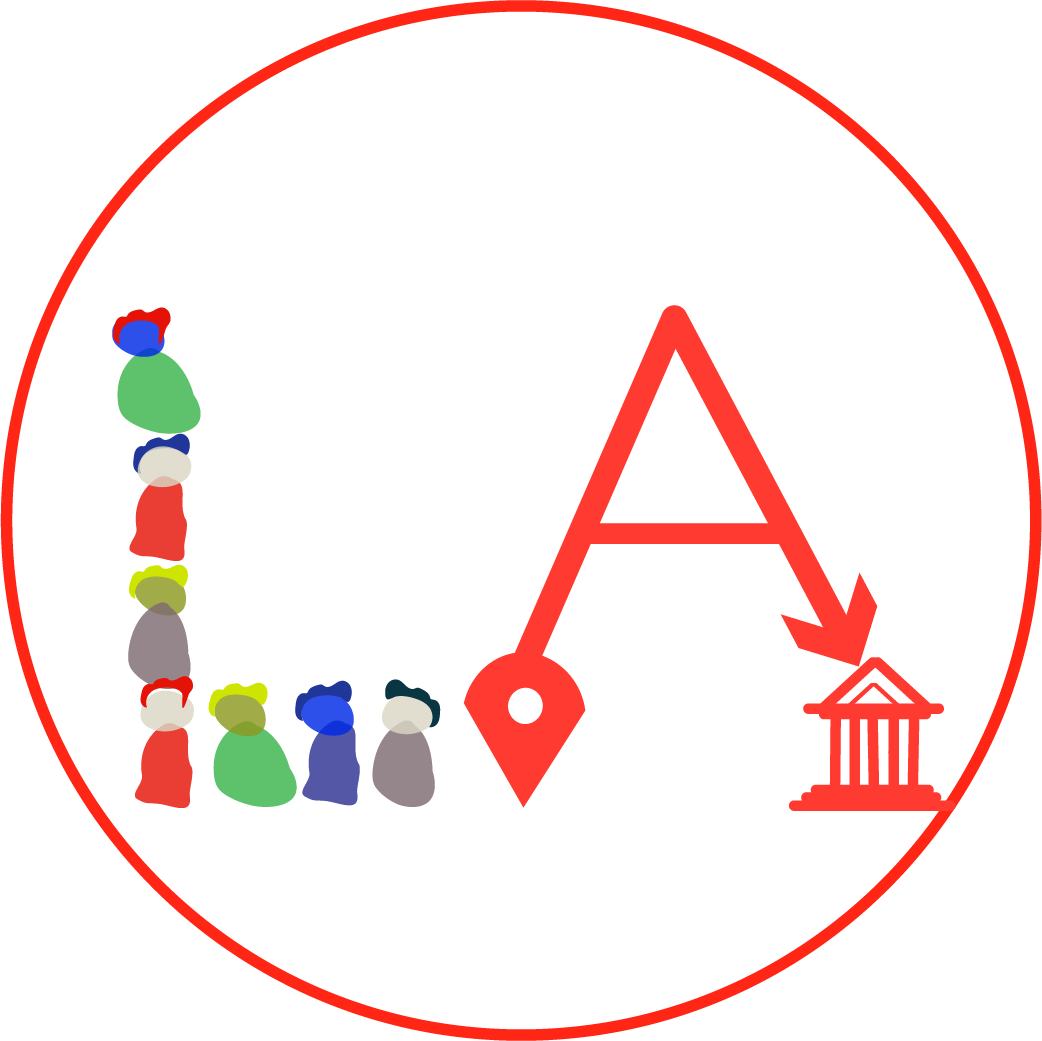Ethically Digital Contested Cultural Heritage in Digital Context is a paper by Bijan ROUHANI, University of Oxford, explores existing approaches, guidelines, and principles in this field and examines a few digital heritage projects about contested heritage to identify potential ethical risks regarding access, control, dissemination, and the digital economy.
Heritage has evolved over the past century, and today is seen more as a process than a product. In the past few years, digital technologies have enabled significant advances in cultural heritage research, protection, management, interpretation, and education. However, it also raises the question as to the extent to which this technology fits within our current model of heritage. Digital colonisation could occur as a result of a lack of an inclusive ethical framework.
Here is an overview:
RIGHTS TO ACCESS, OWNERSHIP, AND BENEFIT
Access, ownership, and use are interconnected, and each issue resides within relationships. Cultural heritage ownership disputes are a complex context for utilising digital technology. Understanding who requested replication and who will benefit from it is crucial. Community and heritage stakeholders need access to and reuse of digital records. Unauthorised conversion of heritage can result in digital colonialism.
SOCIAL MEDIA AND CULTURAL HERITAGE
Access, documentation, participation, copyright, and distribution are all ethical challenges associated with social media. Citizens can be involved in heritage management, disaster management, and disaster relief through social media. There are, however, challenges related to privacy, misinformation, authenticity, cultural boundaries, outreach to older populations, and regulatory oversight.
DIGITAL ECONOMY, NFT, SOCIAL MEDIA, AND CONTESTED CULTURAL HERITAGE
The advent of NFTs in the art and heritage market complicates ethical considerations. The NFT industry can address digital media and art ownership, but this field remains unregulated. It is possible for contested or destroyed heritage to be reproduced digitally without consent, and NFTs may be used in black markets for illicit antiquities and forged artefacts. Museums and collections are increasingly relying on digitisation of cultural heritage and NFTs for revenue, but new ownership and copyright concerns arise.
ARTIFICIAL INTELLIGENCE AI AND CULTURAL HERITAGE
Cultural heritage, including the creation, preservation, and interpretation of cultural artefacts, are all affected by AI. A lack of context and the rapid development of AI may cause cultural heritage to be cut off from the internet as a result of reductionist views. A large amount of data collected and analysed by AI can lead to digital colonialism and distortion of learning. In cases of contested, destroyed, or displaced cultural heritage, AI can also cause legal and copyright problems. Digital heritage is subject to ethical issues regarding access, collection, processing, management, visualisation, interpretation, copyright, digital economy, and illegal and misuse. As digital technology continues to develop and new issues arise, existing guidelines and recommendations may not be sufficient to outline an inclusive ethical framework.
Our take
The paper offers a broad and all-inclusive perspective on the state of things in the realm of digital heritage, especially for contested heritage. It highlights the importance of context in addressing the digital divide and the potential for digital colonialism. The ethical framework for digital heritage should ensure fair access, collective benefit, inclusivity, diversity, and human rights while preventing the monopoly of a small group by those with access to digital capital. While here we offer a short summary of the main axes of the paper we recommend you read the entirety to find case studies and references which support the conclusions.
I want to learn more:
Download: Ethically Digital: Contested Cultural Heritage in Digital Context (also attached)

